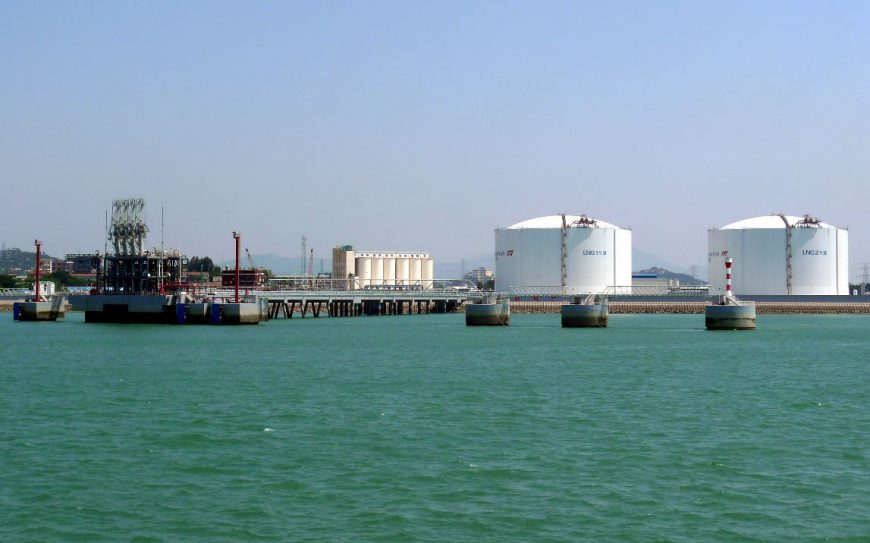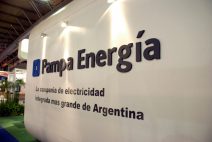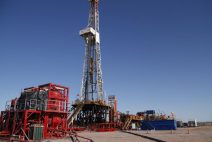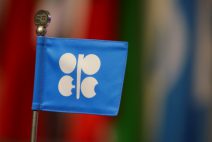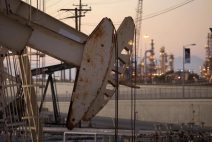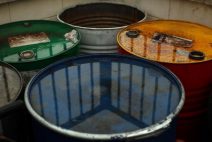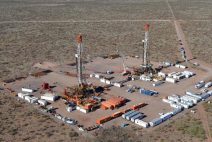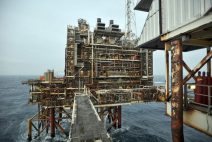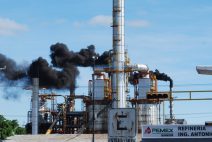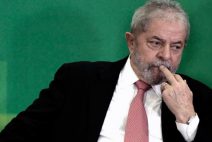An unprecedented deal by oil producers to curb supply to match demand hollowed out by the coronavirus pandemic is set to depend partly on purchases by consumer countries for their strategic stockpiles on a scale not before seen.
The Organization of the Petroleum Exporting Countries, along with Russia and other producing countries - a grouping known as OPEC+ - partnered with other oil-pumping powerhouses like the United States for an agreement set to remove a total of around 19.5 million barrels per day (bpd) from the market.
Officials and sources from OPEC+ states indicated the International Energy Agency (IEA), the energy watchdog for the world’s most industrialised nations, may announce purchases of up to several million barrels to buoy the deal.
The IEA requires its 30 member countries to hold strategic petroleum reserves (SPRs), that includes crude and products, equivalent to at least 90 days of net oil imports. However, it has never before performed a coordinated stocks purchase and has no effective mandate to do so, said two industry sources familiar with the process.
The IEA has in the past announced coordinated stocks releases, like during U.S. Hurricane Katrina and the war in Libya. But never purchases.
The IEA said it would publish its monthly report in which it would provide an update on the latest market developments.
Saudi Arabia’s Energy Minister Prince Abdulaziz bin Salman said that oil purchases into SPRs would reach 200 million barrels over the next couple of months, citing the IEA, while three OPEC+ sources said stocks purchases by IEA countries would reach around 3 million bpd in the next couple of months.
The United States - the world’s biggest oil producer but an even bigger consumer - along with Japan and South Korea have said they could buy oil to replenish reserves.
The US Energy Department said it is negotiating with nine energy companies to store about 23 million barrels of domestically produced oil in its SPR.
Among oil consumers in the Asia Pacific, India and Australia are planning to increase their strategic reserves while Japan and South Korea have little additional room.
India, associated with the IEA, said it would fill its SPR by the third week of May by moving about 19 million barrels into the sites.
